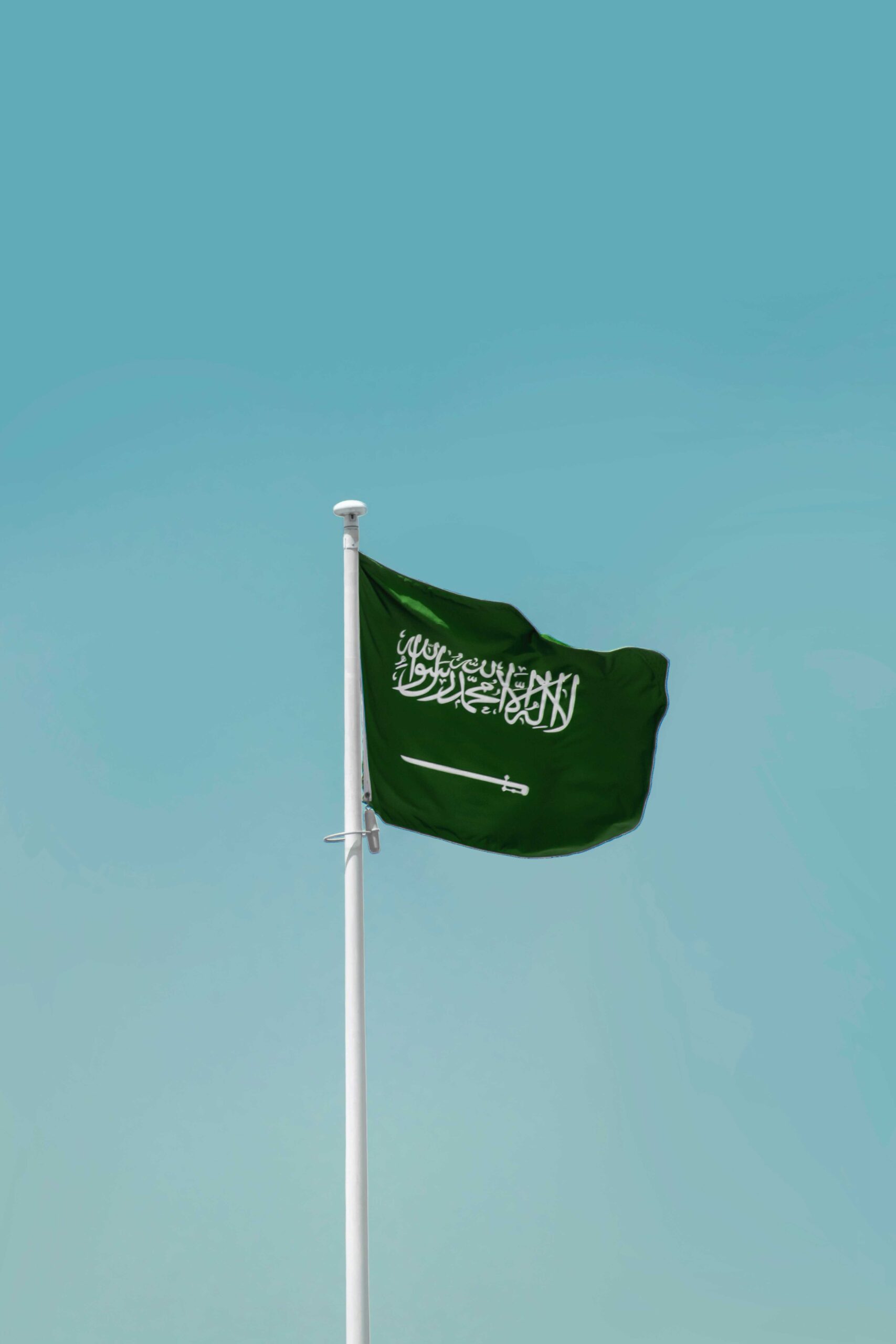The glistening lake in Donegal was an unlikely setting for a revelation. A conversation with a 10-year-old Liverpool supporter, who listed Ronaldo’s goals with conviction, made it clear: football is changing. Ronaldo’s feats in the Saudi league may raise eyebrows, but they signify the shifting sands of football’s global landscape.
Football, long hailed as the ‘beautiful game’, is currently in the spotlight for the massive influx of Saudi money. Notably, the Public Investment Fund of Saudi Arabia has been acquiring some of the world’s most celebrated players, like Ronaldo from Manchester United and Benzema from Real Madrid, at jaw-dropping prices. The world gasped when Riyadh’s gargantuan offer for Mbappé was made public. When even sporting legends like Usain Bolt jest about the irresistible allure of Saudi money, it makes one wonder: is football’s soul being auctioned to the highest bidder?
The reasons behind Saudi’s aggressive football investments are manifold. Some opine it’s a strategy to diversify their oil-reliant economy. Others see it as an attempt at “sportswashing”, where the country seeks to divert attention from its controversial geopolitical maneuvers by shining in the football arena. But irrespective of intent, one thing is evident: if the financial trajectory persists, the Saudi Pro League is bound to become a magnet for global football talent.
Historically, countries like Brazil, Argentina, and the Netherlands have seen their football standards dwindle due to the commercialization of powerful European leagues. The Premier League, La Liga, and Serie A started hoarding global talent, leaving other leagues in their shadows. The paradigm now seems to be shifting towards the Middle East, with Saudi Arabia at the helm.
But is it solely about Saudi Arabia? Is the nation singularly responsible for this change? While the kingdom is pouring unprecedented sums into the game, it is crucial to remember that football’s commercialized trajectory started much before. Oligarchs, petro-states, and billionaires have dabbled in the game, often molding it to fit their whims and fancies. Today, elite European football, although a global entertainment product, has retained some essence of its working-class past. But with Saudi Arabia’s entrance, even this essence is under threat.
It’s crucial to draw parallels with China’s fleeting football dream. The Chinese Super League (CSL) once lured European football’s crème de la crème with irresistible salaries. But it collapsed as rapidly as it rose, primarily because it banked solely on foreign stars and overlooked grassroots development. Saudi Arabia, however, has seemingly learned from CSL’s downfall. By securing younger players and global icons alike, the Saudi Pro League is already eclipsing its Chinese counterpart.
As for concerns about ‘sportswashing’, they are not unfounded. Countries have historically used sports as PR tools. And given Saudi Arabia’s contentious political standing, its foray into football might well be an attempt to polish its global image. But if the world’s best players keep marching towards the Middle East, fans will follow, irrespective of politics.
Football’s core has always been its fans. From European alleys to South American streets, the game evolved organically, knitting communities together. If Saudi Arabia genuinely wishes to etch its name in football’s annals, it should aim to nourish the game at its roots, not merely splurge on its fruits.
In the face of this paradigm shift, fans worldwide have a choice: lament the game’s departure from tradition or adapt to its new era. The football of yore, with its intimate local ties, might be fading, but its global allure remains undiminished. Whether that’s for better or worse is a tale only time will tell.
Image Credit: aboodi vesakaran on Unsplash



















